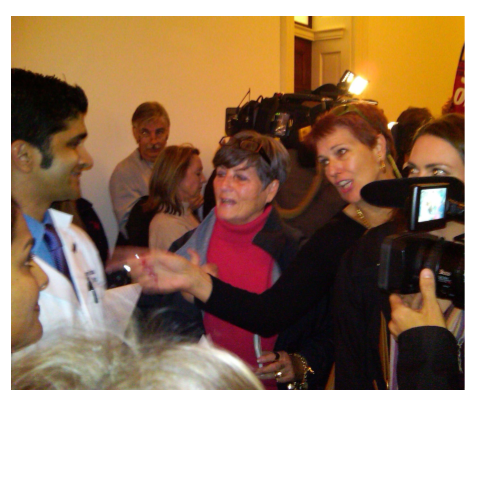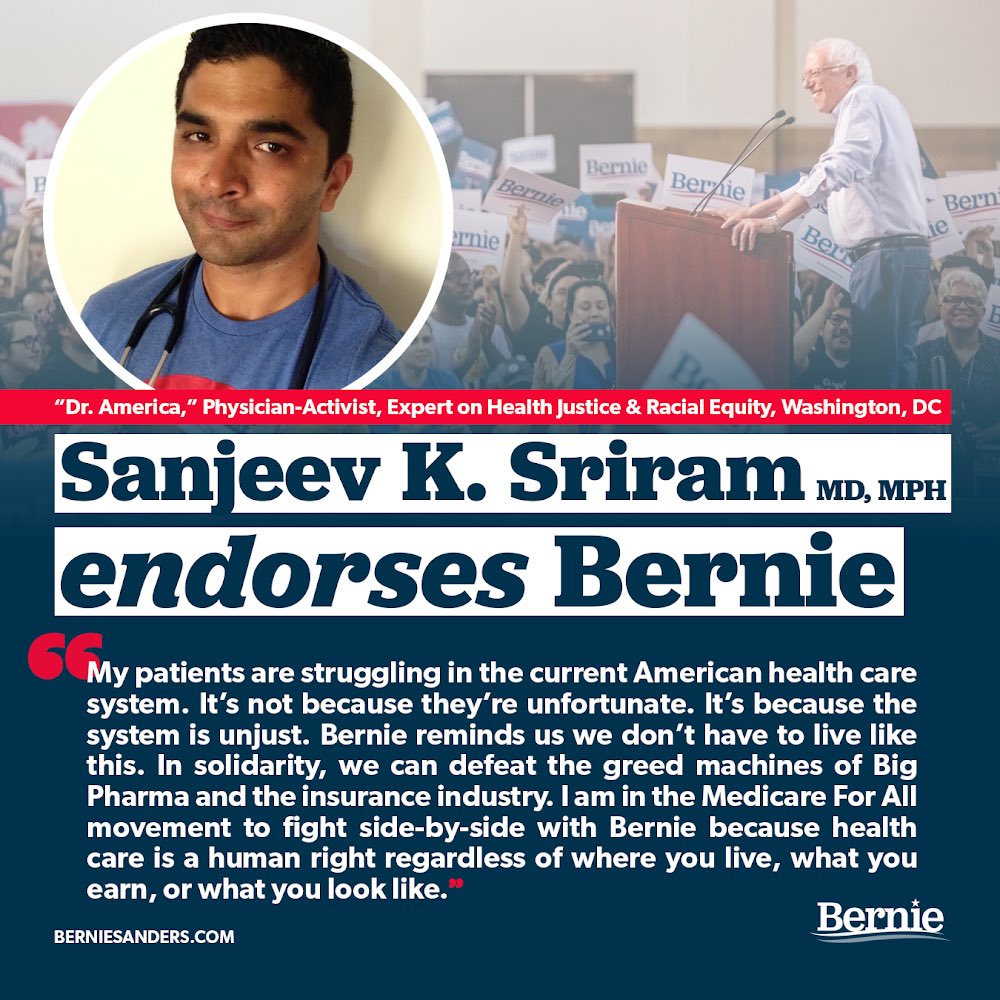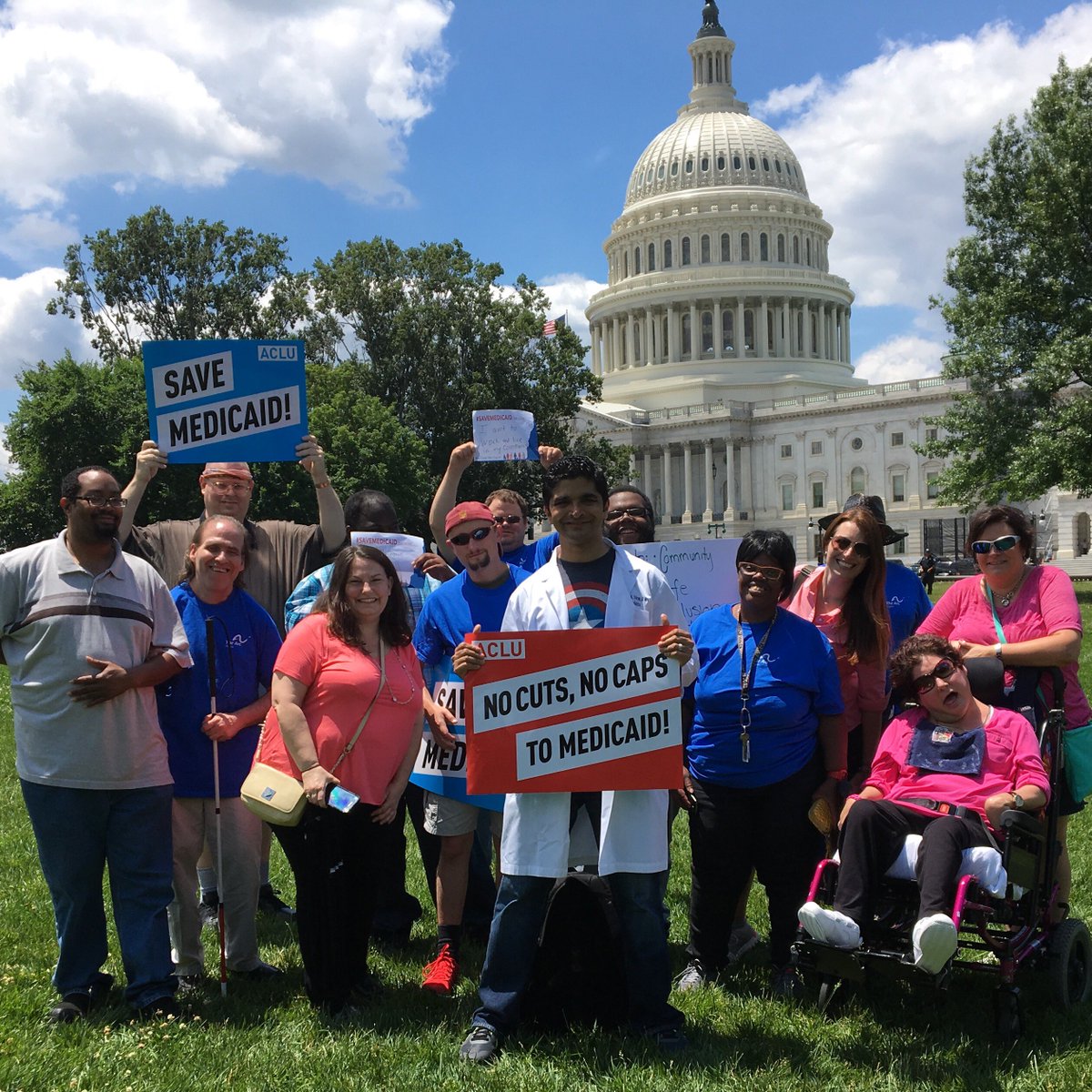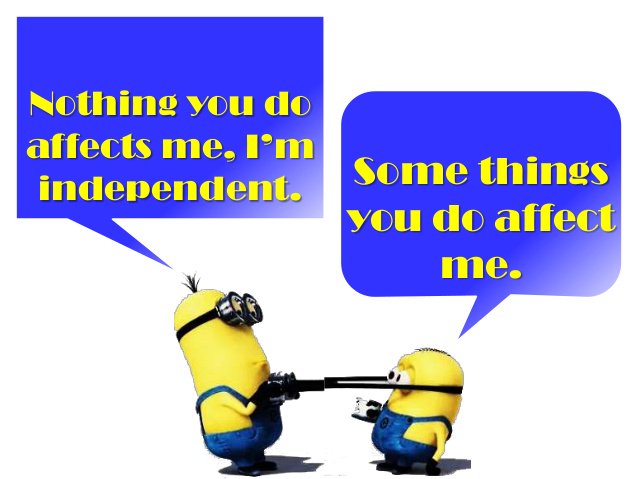
I know how hard it was to pass the #ACA. I was there in 2009 when TeaBaggers (now MAGA) stormed the halls of House office buildings, trying to intimidate @HouseDemocrats from passing a bill with a public option. Fortunately, those Dems held fast & passed the ACA+public option. /1 



Moderate & conservative @SenateDems killed the public option in 2009, & damn near wrecked passage of health reform with their dithering. The blizzard of Feb 2010 bought Dems in Congress & the White House some time. At a GOP retreat, Obama nailed their BS questions one by one. /2
From that came the meeting at Blair House, where once again, Obama & a few Dems (not all) stood up to the stupid antics of the GOP. A few weeks later, I was among a few dozen doctors w/ @drsforamerica who marched in the rain in DC to push the Senate to pass the ACA. /3 



On Mar 23, 2010, the ACA was passed. For years, I was a true superfan, defending the ACA from idiotic right-wing attacks, explaining it again & again & again in op-eds. I'm particularly proud of how much Medicaid has done for communities of color. /4 

The expansion of Medicaid has been the most powerful part of the ACA, but its reach depends on what state you live in AND whether your state regulates insurance companies contracting with Medicaid. /5 

In terms of expanding racial justice, the ACA has done a lot, as proven by this graph. But look at how these gaps have persisted. States failing to expand Medicaid worsens racial inequities, but so does our overall system's refusal to make health care a basic human right. /6 

America is not expected to be a majority-BIPOC nation until about 2040, but America's uninsured are already there. Pre-pandemic, 59% of our uninsured were POC. Given that our healthcare is unnecessarily tied to employment, these inequities have worsened with Covid19. /7 

In 2010, I was one of the ACA's many true-believers who assumed the insurance companies would become good-faith partners. In 2012, I was one of the many who assumed states would expand Medicaid. These assumptions were based on fiscal common sense. /8
As the ACA has been implemented over the past 11 years we must be honest about our assumptions & their underlying logic. Insurance companies are not good-faith partners because they're driven by greed. For them, health is not a public good but a commodity from which to profit. /9
As for states holding out on Medicaid expansion, let's be honest. No amount of funding incentives matter when these governors & their state legislatures are driven by white supremacy. They don't want "unworthy" people to have healthcare. /10
Even when a state expands Medicaid, if insurance companies take control of the program patients suffer because they're stuck in the same obstacle courses of being denied care so the industry can profit. Remember, the industry is not a good-faith partner. At all. /11
It takes some courage to look back at a ton of hard work & reasonable assumptions and find shortcomings. It hurts. All of that effort can feel futile, but it isn't. What's futile is to ignore the facts as they've unfolded, especially about the insurance industry. /12
This was my mindset when I fought to protect the ACA from repeal in 2017: my patients & families would've been devastated without the ACA, but they deserve SO MUCH MORE. A decent, moral country does not make people beg & plead for a human right like health care. /13 

By the end of summer 2017, I was dedicated to #MedicareForAll. I no longer trusted insurance companies or Big Pharma to put patients before profits. They had their chance to work with the ACA & chose not to. Their reckless profiteering speaks louder than their marketing & PR. /14
For those celebrating #ACA11, please revisit your assumptions about how well we can regulate insurance companies or Big Pharma, their armies of lobbyists, & their marketing full of misinformation. They reject healthcare as a basic human right & are brutally honest about it. /15
It is increasingly foolhardy & cowardly to avoid confrontations with the behemoths of greed in healthcare. For decades we heard corporate greed was too big to fail, too big to jail. But really, are we just too afraid to fight? #MedicareForAll /16
We can acknowledge the #ACA's accomplishments on #ACA11 but also be honest about how the insurance industry must end; how Big Pharma must be brought to the negotiating table; how making healthcare a true human right requires an end to means-testing; etc. /17
Years of insurance industry greed, Big Pharma collusion, & a devastating pandemic are all the proof we need to know that tinkering with the #ACA will not be enough to end the injustices in healthcare. #ACA11 is as good a time as any to build #MedicareForAll. /END
• • •
Missing some Tweet in this thread? You can try to
force a refresh






